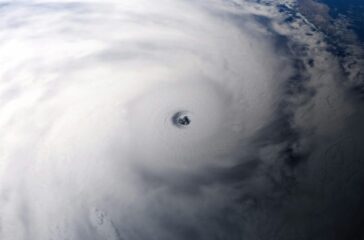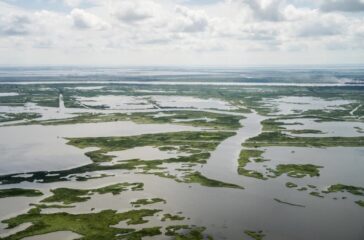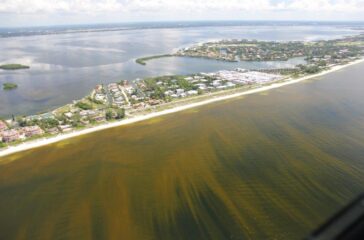By Shannon Kelleher
A U.S. government agency that is supposed to protect ocean resources is instead endangering coral reefs, fish, and other marine life as it collects data from the Gulf of Mexico, an environmental watchdog group alleged this week.
In an Aug. 29 letter, Public Employees for Environmental Responsibility (PEER) called on the National Oceanic and Atmospheric Administration (NOAA) to stop scraping the ocean floor in the Gulf of Mexico with heavy nets for fishery studies. PEER is a Washington, DC-based group that works to expose improper government actions related to the environment.
Peer said it received concerning information from a NOAA scientist about the practice, and a review of NOAA’s own data demonstrates that the “bottom trawling” may inflict irreparable damage on sea floor habitats that can last for years.
“Ironically, NOAA’s own marine protection policies are designed to minimize the very type of damage these research trawls cause,” PEER Executive Director Tim Whitehouse said in a press release. “We believe that that the damage caused outweighs the marginal research value of these trawls.”
PEER said the trawls involve dragging heavy nets, large metal doors, and chains over the sea floor to catch fish, similar to industrial fishing. The trawls sometimes result in nets abandoned in the ocean, where they can entangle sea turtles and other marine animals, PEER said.
 EWG
EWG




